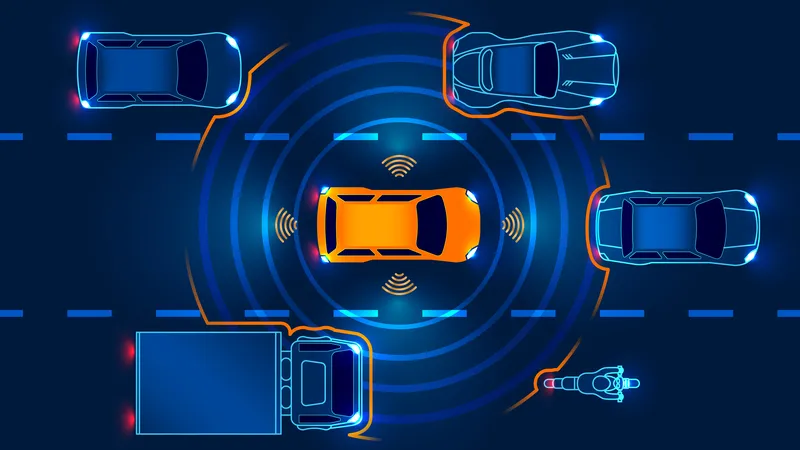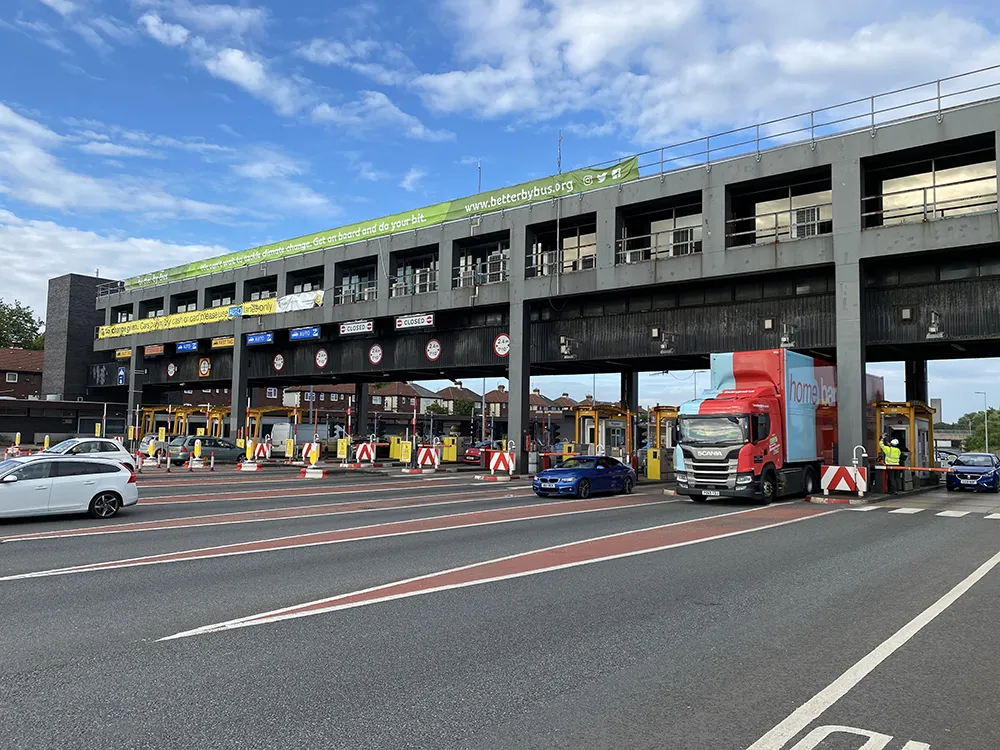
Indra, Audi of America and Qualcomm Technologies have launched a joint project to use cellular Vehicle to Everything (C-V2X) for tolling.
They aim to highlight how vehicles "equipped with C-V2X two-way connectivity can ease congestion on toll roads, standardise payments nationwide and enhance the overall driver experience".
“We have known for some time that cars will eventually become motorists’ wallets, used to pay for everything, from tolls and mileage-based road usage, to parking, to drive-through and other consumer services," says Raul Ripio, senior vice president, mobility & technology, at Indra.
The partners demonstrated the technology at OmniAir Interoperability Testing at the SunTrax Test Facility in Florida this month, showing how motorists approaching a toll area in connected vehicles will receive in-vehicle notifications with real-time tolling information.
Meanwhile, toll operators identify connected vehicles using C-V2X technology, distinguishing them from non-connected ones which use alternative toll payment methods, such as transponders or ANPR systems.
C-V2X-based payment technology can identify and position vehicles at the lane level and it would simplify processes around managing transactions, while allowing operators to reduce roadside infrastructure, Indra suggests.
The payment method is based on the global Society of Automotive Engineers J3217 C-V2X standard.
"The advent of the J3217 C-V2X standard puts US at the forefront of the in-car payments innovation,” adds Ripio.










